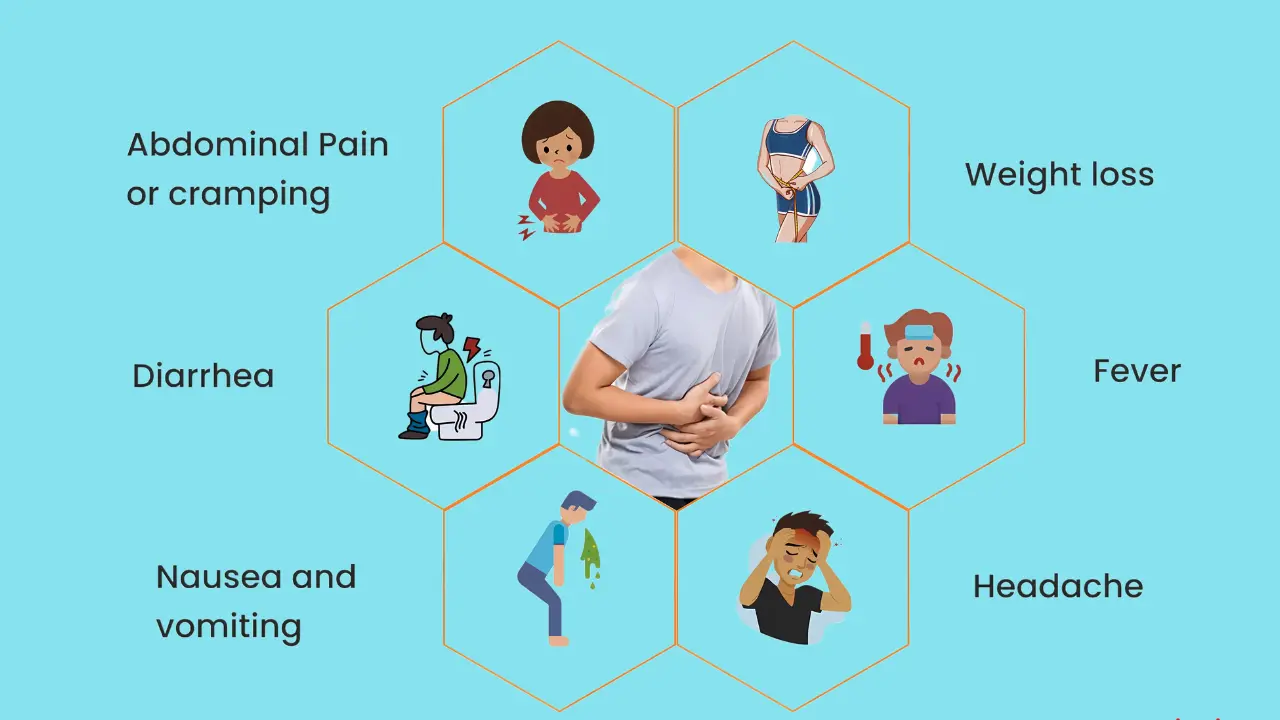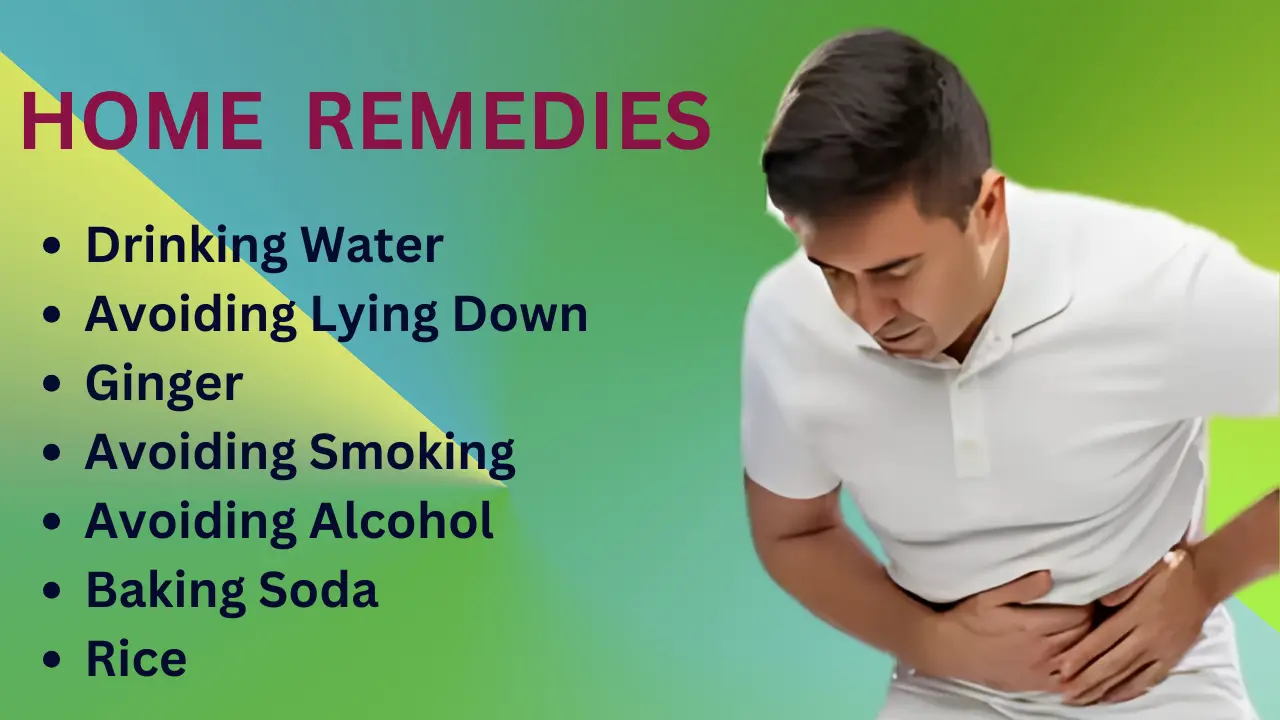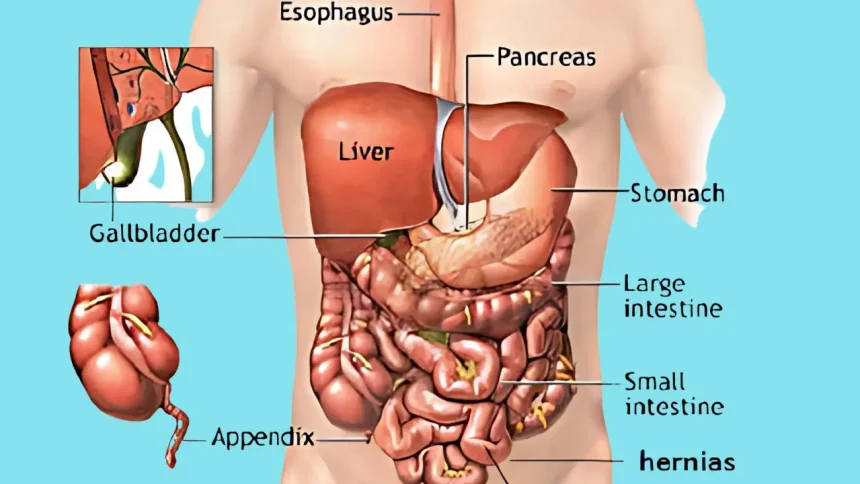Stomach Pain
If you’re experiencing stomach pain, visiting urgent care can help quickly identify the cause and provide relief. Urgent care centers are equipped to handle a variety of issues, from minor digestive problems to more serious concerns like infections or appendicitis, ensuring you get timely and effective treatment.
Persistent stomach pain is out of the ordinary. Pain might be severe, sharp, or long-lasting, and you may wonder if it’s time to seek urgent care for your condition. When you make that call, contact American River Urgent Care in Orangevale, California.
As an urgent care and walk-in clinic, they’re well-suited to review your symptoms and diagnose your stomach issue. Understanding more about stomach pain and its causes can help you to know when it’s time to make the call.
Reasons behind stomach pain
Stomach pain can arise from various causes. Here are some common reasons:
Indigestion:
Often caused by overeating, eating too quickly, or consuming fatty or spicy foods.
Gastroenteritis:
Inflammation of the stomach and intestines, often due to viral or bacterial infections.
Acid Reflux:
Stomach acid flows back into the esophagus, leading to discomfort.
Ulcers:
Sores on the stomach lining or the upper part of the small intestine.
Irritable Bowel Syndrome (IBS):
A chronic condition causing abdominal pain, bloating, and changes in bowel habits.
Constipation:
Difficulty in passing stools can lead to abdominal pain and discomfort.
Food Intolerances:
Reactions to certain foods (e.g., lactose intolerance, gluten sensitivity).
Gallstones:
Hard deposits in the gallbladder can cause severe pain, especially after eating fatty foods.
Appendicitis:
Inflammation of the appendix, usually accompanied by sharp pain in the lower right abdomen.
Menstrual Cramps:
Pain associated with menstruation can cause abdominal discomfort.
Infections:
Various infections, including those of the urinary tract or pelvic area, can result in stomach pain.
Common causes of stomach pain may include:
- Acid reflux
- Constipation
- Diarrhea
- Stomach flu (gastroenteritis)
- Vomiting
When it’s time for urgent care

You should seek urgent care for stomach pain if you have any of the following symptoms:
- Severe pain
- Fever
- Bloody stools
- Persistent nausea and vomiting
- Weight loss
- Skin that appears discolored
- Severe tenderness when you touch your abdomen
- Swelling of the abdomen
- Recent trauma to your abdomen, like from a car accident or punch
- Trouble breathing
You should call an ambulance or have someone drive you to the emergency room if you have any of the following symptoms:
- An extremely hard abdomen
- Vomiting that won’t stop
- Coughing or vomiting up blood
- Chest pain or pressure
- Dizziness or fainting
- Inability to have a bowel movement plus vomiting
- Pain in your neck, shoulder, or between your shoulder blades
- Vision changes
Testing and Treatment
At Next Care, our approach to treating abdominal pain includes:
Comprehensive Evaluation:
Our healthcare providers will review your symptoms, medical history, and perform a physical examination.
Diagnostic Tests:
Depending on the suspected cause, we may recommend blood tests, urine tests, imaging studies like X-rays or ultrasounds.
Treatment Plan:
Based on the diagnosis, treatment may involve medications for pain relief, antibiotics for infections, or other targeted therapies.
Follow-Up Care:
We provide instructions for home care and any necessary follow-up visits to ensure proper recovery.
home remedies
There are several popular home remedies for indigestion. Some may also help ease stomach upset from other sources, such as irritable bowel syndrome.

Drinking water
The body needs water to efficiently digest and absorb nutrients from foods and beverages. Being dehydrated makes digestion more difficult and less effective, increasing the likelihood of an upset stomach.
Avoiding lying down
Avoiding lying down may prevent indigestion from becoming heartburn. When the body is horizontal, the acid in the stomach is more likely to travel backward and move upward, which can cause heartburn.
Ginger
Ginger may help reduceTrusted Source nausea and vomiting in people who are pregnant or those who undergo chemotherapy.
Individuals with an upset stomach could try adding ginger to their food or drinking it as tea. Some all-natural ginger ales may also contain enough ginger to settle an upset stomach.
Avoiding smoking and drinking alcohol
Quitting smoking and limiting alcohol intake also improves people’s quality of life and reduces the risk of certain health conditions, such as cancer. However, avoiding smoking and drinking alcohol can be difficult, and individuals may require extra support.
Avoiding difficult-to-digest foods
the following foods may increase the risk of indigestion:
- fatty or acidic foods
- wheat products
- spicy foods
- greasy foods
Avoiding difficult-to-digest foods may help ease the stomach and reduce discomfort and pain.
Baking soda
Some healthcare professionals suggest that baking soda can help relieve heartburn and indigestion by reducing stomach acidity. While this home remedy may help with an upset stomach, it may not taste pleasant. Additionally, consuming too much baking soda may lead toTrusted Source:
- shallow or slow breathing
- muscle twitching
- muscle spasms
- diarrhea
- vomiting
- irritability
Rice
Plain rice may be beneficial for those with stomach pain due to irritable bowel syndrome or other conditions that can cause frequent diarrhea, along with other low FODMAP food.
Rice is also part of the BRAT diet that doctors may recommend.


